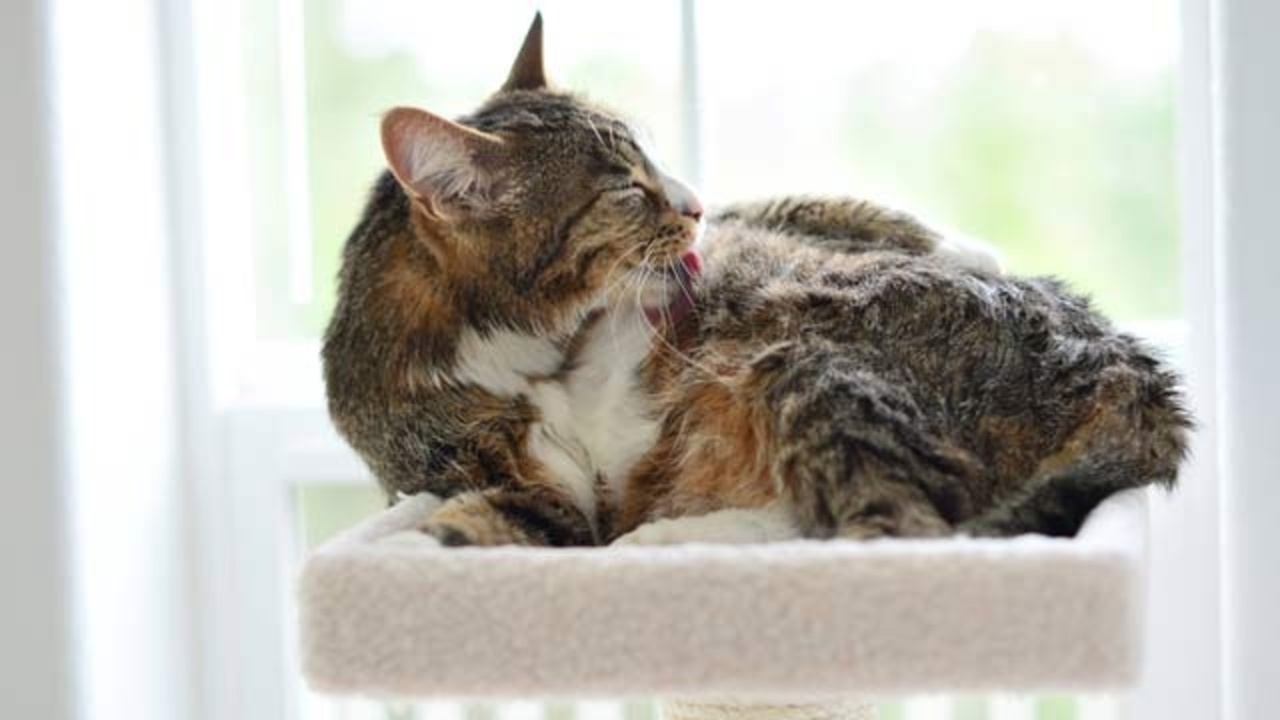ATLANTA – The July 4 holiday can be thrilling for humans, but it's actually a dangerous time for pets -- and one of the busiest days of the year in animal emergency hospitals, according to doctors from BluePearl Veterinary Partners.
Exploding firecrackers can be just as hazardous for pets as for humans, but that's not where the danger ends. The loud noise, and even the food and family gatherings, all pose hazards to dogs, cats, birds and other pets.
"It's usually one of the busiest days of the year in emergency rooms," said Dr. Sonja Olson, senior emergency clinician with BluePearl.
It's common for emergency animal hospitals to see 25 percent or more patients than normal on Independence Day.
The noise of fireworks, including that string of firecrackers set off by your neighbor, sometimes causes panic in pets. Scared dogs have been known to charge into glass doors or bolt outside into traffic.
Outdoor grilling is a must for many people, but some human food that gets spilled to the ground or pilfered from an unwatched picnic table can make animals sick. Foods that can upset your pet's digestive tract include onions, garlic, avocados, grapes, raisins and chocolate.
And staying out in the sun can cause heatstroke -- not just for people, but also for fur-covered members of the family.
Fortunately, a little planning and care can help your pets stay safe and comfortable as you enjoy the festivities.
Here are a few tips:
- During fireworks, make sure your dogs or cats are in safe, indoor places where they cannot escape or get hurt. Turn on music or a television for comforting background noise. You also can play a game with them or give them a favorite toy.
-
 If your pets are especially nervous about fireworks, consult your family veterinarian about whether to give them anti-anxiety medicine. But this is a step you should take at least a day or two before the fireworks start popping so you can see how your pet will respond to the medication. Another option is to buy a specially designed, snug-fitting jacket which comforts dogs by applying pressure around their bodies.
If your pets are especially nervous about fireworks, consult your family veterinarian about whether to give them anti-anxiety medicine. But this is a step you should take at least a day or two before the fireworks start popping so you can see how your pet will respond to the medication. Another option is to buy a specially designed, snug-fitting jacket which comforts dogs by applying pressure around their bodies. - After the family barbecue, don't treat your dogs to leftover bones from steak, ribs, chicken or other human food. The bones often splinter and may become a choking hazard.
- The safest policy is to avoid giving human food to pets because so much of it can be harmful to them. If you want your pets to celebrate along with you, buy them a few extra pet treats while stocking up on your own groceries.
- Don't let your pets stay outside in the heat for long periods of time, especially if they're not used to it. If pets do get overheated, spray them down with water that is cool or room temperature – but never ice water, which causes a decrease in blood flow to the skin and makes things even worse.
Remember, regular visits to your family veterinarian are the best way to keep your pets healthy. But if an accident does occur over the holidays, don't hesitate to bring your pet to an emergency veterinarian right away.
